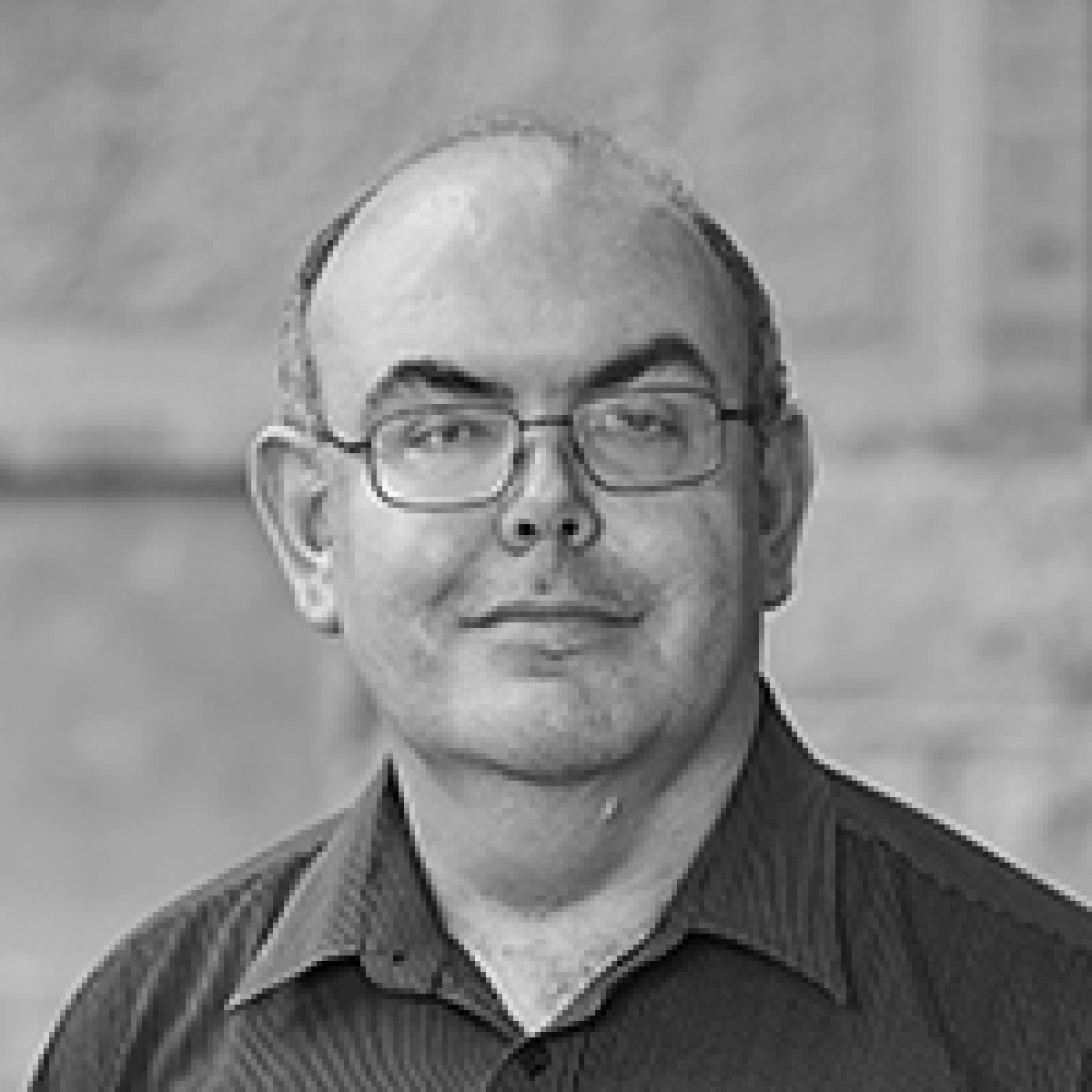
THE CHALLENGE
The human settlements programme is a large-scale programme delivering subsidised houses to low-income households, and is a key plank in South Africa’s developmental government narrative. The development of large scale housing projects has fundamentally shaped Cape Town, with long term fiscal, social, material, and physical implications. The fiscal logics which underpin revenue and expenditure, assets and liabilities, shape the uneven investment in the city, across departments, sectors, and areas. Thus, we are interested in how these city-wide processes such as public finances land in space unevenly across the city.
OUR APPROACH
Building on the findings of ACC’s Sustainable Human Settlements CityLab, we are focusing on the key, interconnected city-wide and state-led drivers of human settlements development. We also look at the ways in which public finance shapes the city.
We are interested in the ways in which localized processes have the potential for wider urban and catalytic significance. We explore the ways in which vacant or underutilised land and social infrastructure (such as parks, playgrounds, school sites, etc.) are repurposed, retrofitted and appropriated to respond to the various and conflicting needs of people and places, and how these processes shape localised and city-wide discussions, practices and policies on spatial transformation, human settlements, and public investment.
There are two areas where we are focussing. The first is on the occupation of land for the purpose of housing. The second focus area is on the retrofit of existing social infrastructure (parks, schools, etc.) for them to better serve the local neighbourhoods.
Through this research, we aim to bring the city-wide processes and localized interventions into conversation with one and other, and to identify where there are contradictions, alignments, and conflicts between them.
Through this, we aim to help contribute to socio-spatial transformation and the realisation of sustainable human settlements in Cape Town (and other cities of the global South).
LATEST DEVELOPMENTS
We have been engaging with occupiers, activists, non-government organisations (NGOs) and government officials to better understand the dynamic interface of efforts to provide more housing in Cape Town by both the government and citizens. Occupations are points of contact and interaction between bottom-up and top-down processes. Our findings indicate that interactions and decision-making within this interface are informed by conflicting rationalities. Conflicting rationalities are present both within and between the different actor groups giving rise to fragmented institutions within the human settlements sector. They do present interesting opportunities for alignment across the various sub-groups of actors. Some of these opportunities as well as the logics underpinning the conflicting rationalities between and within the various actor groups, namely occupiers and government officials, are discussed here.
Our work also points to the increasing viability of retrofitting existing government-owned building stock to make it suitable for use as housing. Retrofitting, as undertaken by occupiers to make vacant buildings more suited for residential purposes, occurs within a multi-scalar interface. Our findings further indicate that this interface is one potential site for activism in a context characterised by shrinking government budgets and housing policy shifts from top structure provision to site and service provision, and affordable, well located land for new housing developments becomes scarcer.
We have shared these findings in academic outputs and in our comments on the Inclusionary Housing Policy. We are also developing a policy brief that will be shared with government officials and policy makers within the Department of Human Settlements. Moving forward, this project aims to further unpack the nuances within the conversation between city-wide processes and bottom-up processes in order to identify synergies and opportunities for collaboration between actors.




